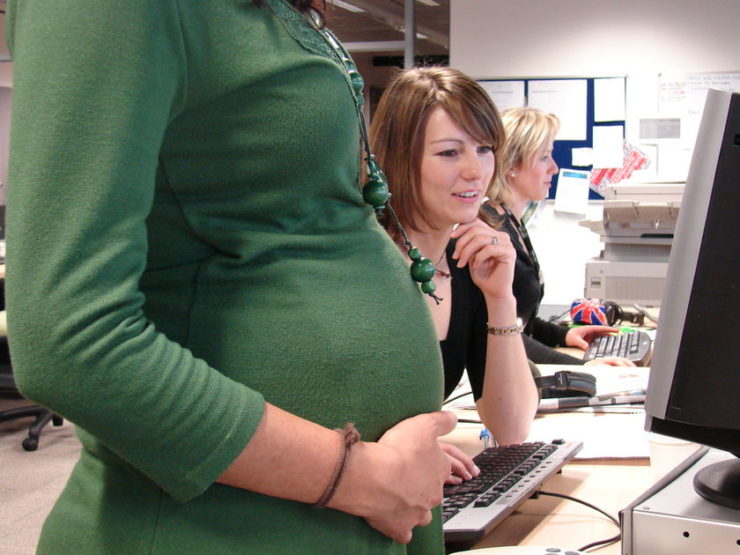After one miscarriage, women have about the same chance of having a successful pregnancy as other women. But after two losses, her risk of another miscarriage increases by about 25% and after three, it increases to about 35%. In the United States, there are about 5 1/2 stillbirths for every 1000 births with about 26,000 stillbirths a year.
Laurie Lesher, R.N., Reserach Coordinator for the EAGeR Study talks to viewers about this new study and how you might be able to participate if you qualify.
What is the EAGeR Study?
• This three-year study will look at the effects of low-dose aspirin (LDA) taken before and during pregnancy. Available information shows that LDA may improve pregnancy outcomes by improving blood flow to the placenta and helping to thicken the uterine lining. This could have a favorable impact on several aspects of reproduction including implantation, early pregnancy loss, late fetal death, preeclampsia, small for gestational age fetus, placental insufficiency and preterm birth.
• The EAGeR study began enrollment one year ago and plans to enroll a total of 1,100 Utah women. We are partnering with 15 hospitals along the Wasatch Front from Ogden to Provo, including Intermountain Health Care facilities, as well as emergency rooms, radiology departments, ultrasound units, OB and family practice clinics.
• We have had a great deal of interest in this study. Nearly 300 women have been enrolled. Most of these women are now pregnant; several have already delivered healthy infants.
• Women who take part in the study will meet with a research nurse once or twice a month, answer questions about past medical and reproductive history, be given a daily folic acid pill along with the daily aspirin or placebo, and keep a short daily diary. When pregnant, an early ultrasound will be provided so the pregnancy can be closely watched.
• Visits can be conducted in Ogden, Salt Lake City, and Provo. Participants will be paid for time and travel to study appointments.
• Participants will be provided with a home fertility monitor throughout the study and pregnancy tests. The monitor will show when a woman ovulates, thus, her optimal time to become pregnant.
• A full-time social worker and study nurses who understand the emotional impact of loss offer support and help these women get involved with loss organizations as needed.
• Women can continue to see their chosen health-care provider and are able to deliver at the hospital of their choice.
• The EAGeR study is being conducted in partnership with the National Institute of Child Health and Human Development, The University of Haifa and the State University of New York at Buffalo. In all, 1,600 women who have suffered a pregnancy loss will participate in this study.
Who is eligible?
• Qualified applicants must be between 18-40 years old, have had one or two pregnancy losses, and want to become pregnant again. Participants may also have up to two live births and a therapeutic abortion.
For additional information or to find out if you are eligible for the EAGeR study, please call 1-866-912-1967 or visit www.eagertrial.org.















Add comment